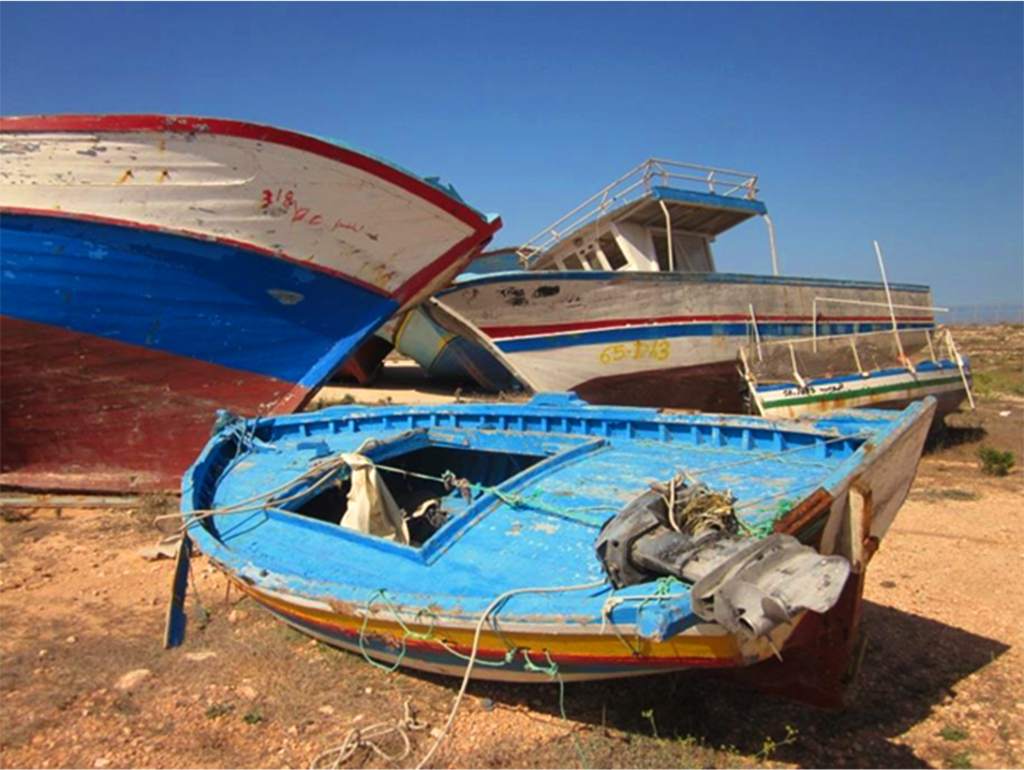Assessing multidimensional well-being and capabilities of migrants hosted in the Italian reception system

How does migratory experience impact migrants’ well-being? In their paper “Assessing multidimensional well-being and capabilities of migrants hosted in the Italian reception system”, published on the latest issue of the magazine Science and Peace, Researchers Matteo Belletti, Federico Ciani and Scientific Director Mario Biggeri describe the evolution of the multidimensional well-being and capabilities of migrants along their migration experience with a particular focus on the role played by the reception system. Their research adopts innovative participatory methods, including structured focus group discussion and participatory mapping, with the aim to directly engage asylum seekers and holders of international protection. From a methodological point of view, the paper provides a practical example of how a tailored participatory toolbox rooted in the Capability Approach can be used to analyse migration-related aspects.
The capability approach is based on the concept of human capabilities developed by Amartya Sen, which relates to the ability of human beings to lead lives they have reason to value and to enhance the substantive choices they have. This approach clearly moves away from conceptualisations of well-being and development focused on income per capita or the GDP growth. Referring to income as a mean and not an end of development, Sen creates the ground for a multi-faceted definition of human development and well-being: development is defined as the freedom of choice and the capacity of people to exercise autonomy in their lives.
The capability approach, in this case, is operationalised through the application of a toolbox which leverages on the complementarity between different tools and is able to collect quali-quantitative data. The application of methods based on stakeholder participation is coherent with a perspective of individual and social empowerment. More precisely, the main tool adopted is the Structured Focus Group Discussion with score matrix (SFGD), developed by Mario Biggeri and Andrea Ferrannini, ARCO’s Local Development Unit Coordinator. This participatory method enables a broad and direct evaluation of individual and collective capabilities by collecting data and information on the level of real opportunities (or achievable functionings) of stakeholders. Researchers applied also other qualitative methodologies, such as individual questionnaires, semi-structured interviews and participatory mapping.
This methodology allowed the authors to focus on three case studies. They investigate the evolution of migrants’ well-being and human development during their migration history and the role of reception facilities managed by third-sector organisations in Tuscany and Piedmont.
The first case study is based on a participatory research made in two Extraordinary Reception Centres (CAS) managed by a local association member of the Confederazione Nazionale delle Misericordie in northern Tuscany. The second case study is part of a research project promoted by Caritas in Piedmont, which involved asylum seekers and holders of international protection hosted in CAS and SPRAR facilities in Biella, Asti and Cuneo, managed by Caritas itself. The third case study focuses on the activities of ARCI in Tuscany, which involve holders of international protection hosted in the System for the Protection of Asylum Seekers and Refugees (SPRAR) / the Protection System for Beneficiaries of International Protection and for Unaccompanied Foreign Minors (SIPROIMI).
By analysing these three case studies authors want to contribute to disentangle the complexity of migration by stimulating the participation and the direct involvement of migrants.
To read more on the results of the research, the full-text of the paper is available here.